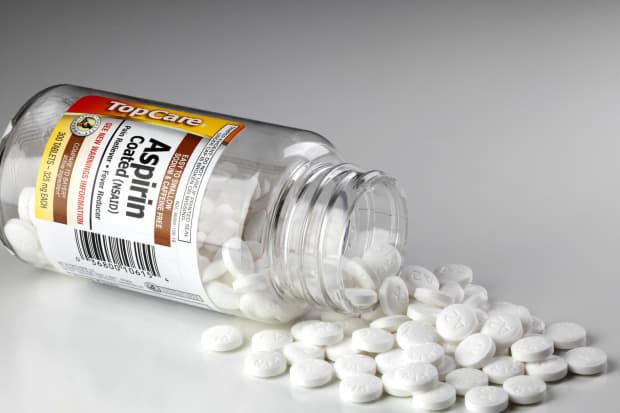This post was originally published on this site

iStockphoto
Aspirin, the cheap over-the-counter drug, will be investigated as a possible treatment for patients hospitalized with COVID-19 in the world’s largest study into a range of potential treatments for the disease.
Patients infected with coronavirus are at higher risk of blood clots forming in their blood vessels because of hyperactive platelets – small cell fragments in the blood that stop bleeding,
Since aspirin is an antiplatelet agent, it may reduce the risk of blood clots in patients with COVID-19, the Randomised Evaluation of COVid-19 thERapY (RECOVERY) trial said on its website said on Friday.
“There is a clear rationale for believing that it might be beneficial and it is safe, inexpensive and widely available,” Professor Peter Horby from the Nuffield Department of Medicine and co-chief investigator of the RECOVERY trial, said.
“We are looking for medicines for COVID-19 that can be used immediately by anyone, anywhere in the world. We do not know if aspirin is such a medicine but we will find out,” Horby added.
Read: Does ibuprofen make the coronavirus worse? Is it still safe to take aspirin?
The trial is taking place in 176 hospital sites across the UK, and has so far recruited over 16,000 patients.
At least 2,000 patients will be randomly allocated to get 150 mg doses of aspirin daily and results will be compared with at least 2,000 patients who receive standard-of-care on its own, RECOVERY said.
Other treatments being tested in the trial include common antibiotic azithromycin and REGN-COV2, an anti-viral antibody cocktail produced by Regeneron REGN, -1.76% which was used to treat U.S. President Donald Trump’s COVID-19 symptoms.
Researchers around the world are testing a mix of already available therapies as well as new experimental drugs to figure out how to best treat COVID-19 infections.
Aspirin is widely used to prevent blood clots associated with many other conditions, including heart attack, stroke, and pre-eclampsia in pregnant women.
Researchers at the University of Maryland School of Medicine (UMSOM) found that hospitalized COVID-19 patients who were taking a daily low-dose aspirin to protect against cardiovascular disease had a significantly lower risk of complications and death compared to those who were not taking aspirin.
The study, published on Oct. 21 in the journal Anesthesia and Analgesia, looked at the medical records of 412 Covid-19 patients treated at University of Maryland Medical Center in Baltimore and three other hospitals along the East Coast.
It found aspirin takers were less likely to be placed in the intensive care unit or hooked up to a mechanical ventilator, and they were more likely to survive the infection compared to hospitalized patients who were not taking aspirin.
The decision to add aspirin to the RECOVERY trial was made by the University of Oxford researchers leading the trial in conjunction with the chief medical officer, following a recommendation by the UK COVID-19 Therapeutics Advisory Panel.


